Dental
Dental Veneers
Dental veneers are thin, custom-made shells that are designed to cover the front surface of the teeth to improve their appearance. They are commonly made from porcelain or composite resin and are permanently bonded to the teeth, providing a natural and aesthetically pleasing result.
Why Hair O Craft ?
Hair transplant experts since 2006
Expert doctors & certified professionals
Completed more than 30000+
Winner of Asianet Excellence Award
The Dental Veneer Procedure
Consultation
During the initial consultation, the dentist will examine your teeth, discuss your cosmetic goals, and determine if dental veneers are the right option for you.

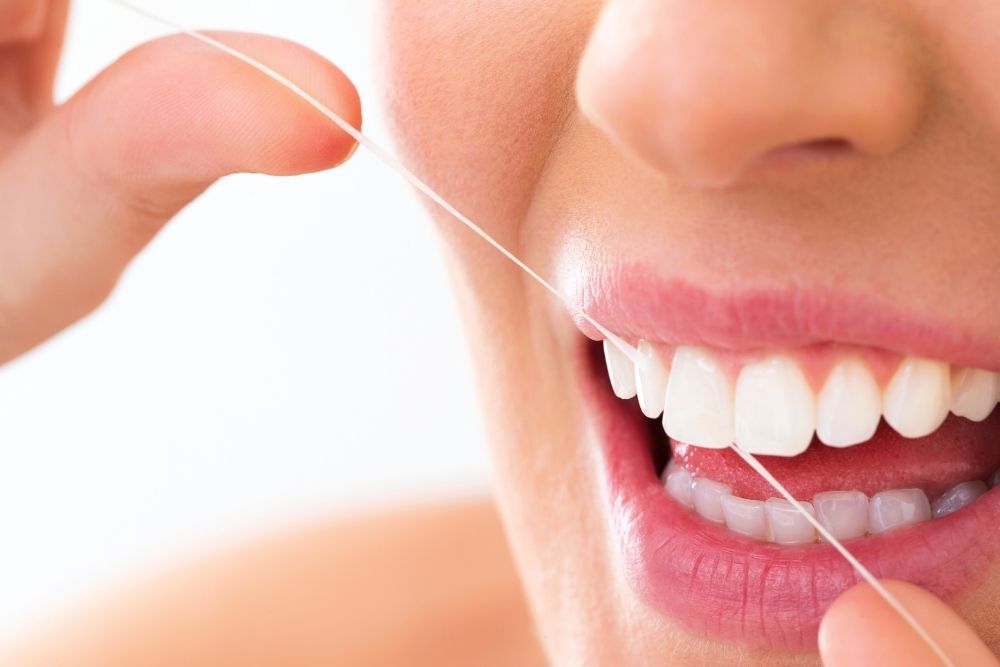
Impressions
After tooth preparation, the dentist will take impressions of your teeth, which will be sent to a dental laboratory to custom-make the veneers to fit your teeth precisely.

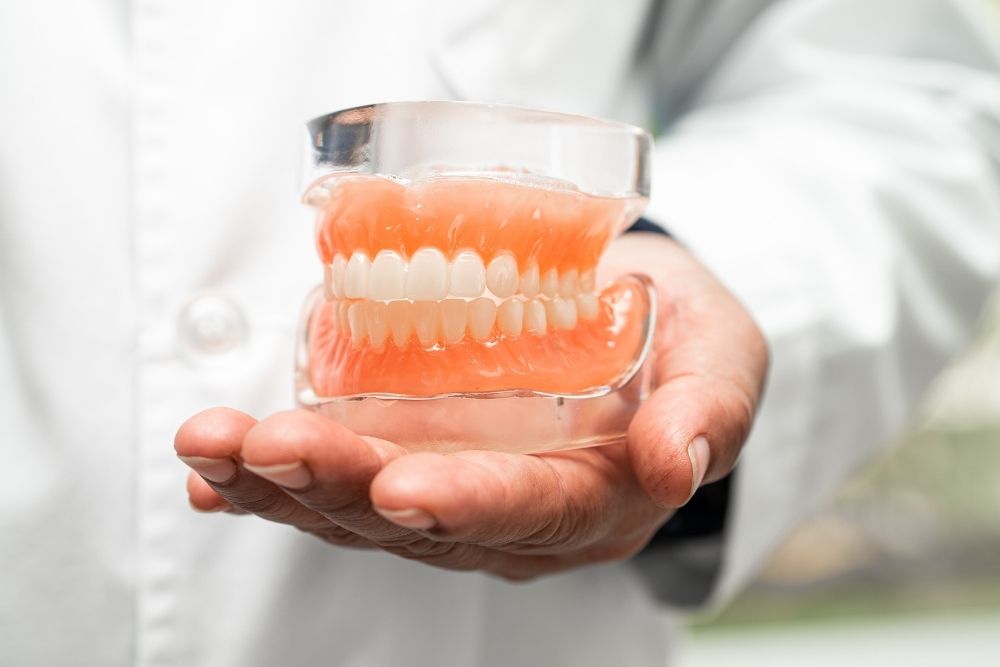
Temporary Veneers
While the permanent veneers are being fabricated, temporary veneers may be placed to protect the prepared teeth and maintain aesthetics.
Bonding
Once the custom veneers are ready, the dentist will check their fit, color, and appearance. If everything is satisfactory, the veneers will be permanently bonded to the teeth using a dental adhesive.

How long do veneers last on your teeth?
The longevity of dental veneers can vary depending on several factors, including the type of veneer material used, how well they are cared for, oral hygiene practices, and individual habits. On average, porcelain veneers can last anywhere from 10 to 15 years or even longer with proper care. Composite resin veneers tend to have a shorter lifespan, typically lasting around 5 to 7 years.
Factors that can influence the lifespan of dental veneers include
- Veneer Material: Porcelain veneers are more durable and resistant to staining compared to composite resin veneers, leading to a longer lifespan.
- Oral Hygiene: Maintaining good oral hygiene practices, including regular brushing, flossing, and dental check-ups, is crucial for the longevity of veneers.
- Dietary Habits: Avoiding excessive consumption of foods and drinks that can stain teeth, such as coffee, tea, and red wine, can help preserve the appearance of veneers. Bruxism (Teeth Grinding): Individuals who grind or clench their teeth may place extra stress on veneers, potentially shortening their lifespan. Wearing a nightguard can help protect veneers from grinding forces.
- Trauma or Injuries: Accidents or injuries to the mouth can damage veneers, requiring repair or replacement.
- Regular Dental Check-ups: Regular dental visits allow the dentist to monitor the condition of the veneers and address any issues early on.
- Maintenance: Dentists may recommend avoiding certain habits or activities that could compromise the veneers, such as using teeth to open packages or biting on hard objects.
Is veneer good for teeth?
Dental veneers can be an excellent option for improving the appearance of teeth and enhancing one's smile. They offer several benefits that make them a popular choice for cosmetic dental treatments. However, whether veneers are "good" for your teeth depends on various factors, including your specific dental needs and overall oral health
Advantages of Dental Veneers:

Aesthetic Enhancement
eneers can effectively address various cosmetic concerns, such as teeth discoloration, stains, chips, cracks, gaps, and minor misalignments, resulting in a more attractive and confident smile.
Natural Appearance
Porcelain veneers closely resemble natural teeth in color, texture, and translucency, providing a natural and realistic look.
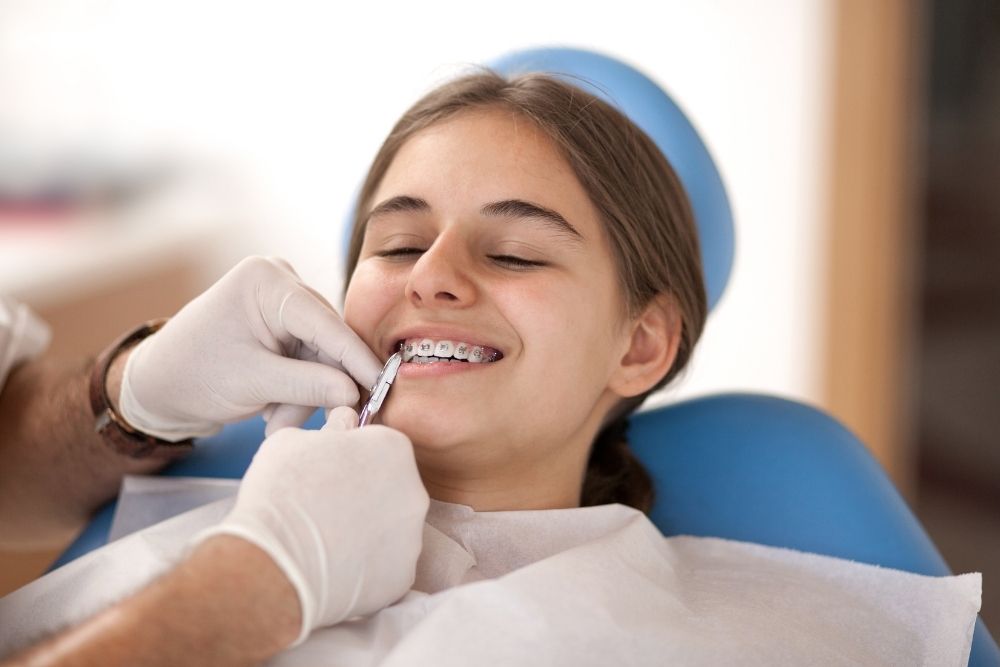
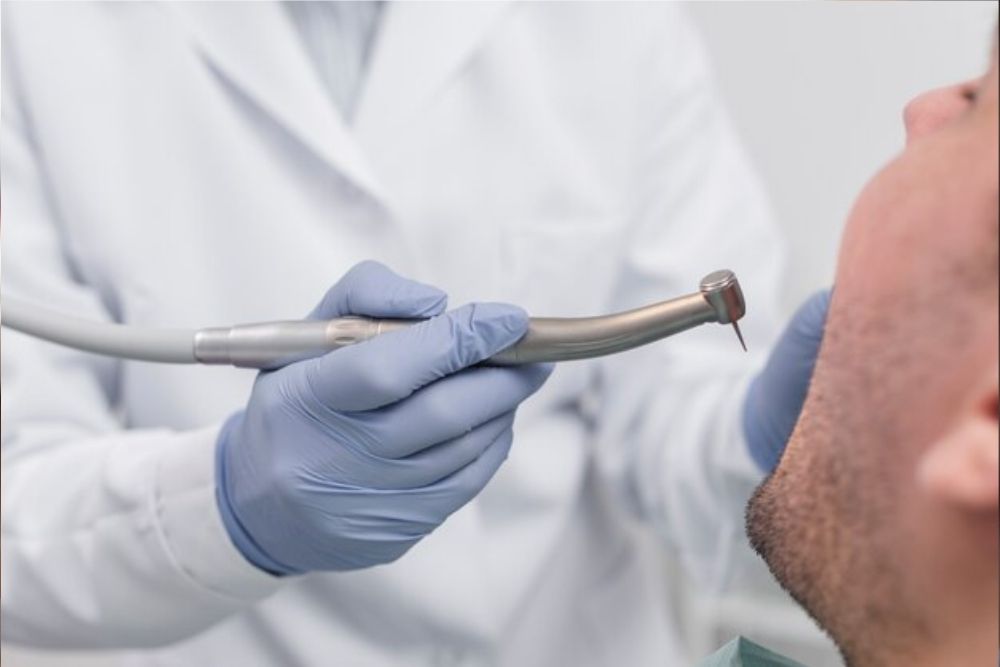
Minimally Invasive
Veneers require minimal tooth reduction during preparation compared to other dental restorations like crowns.
Stain-Resistant
Porcelain veneers are highly resistant to staining, helping maintain a bright smile over time.
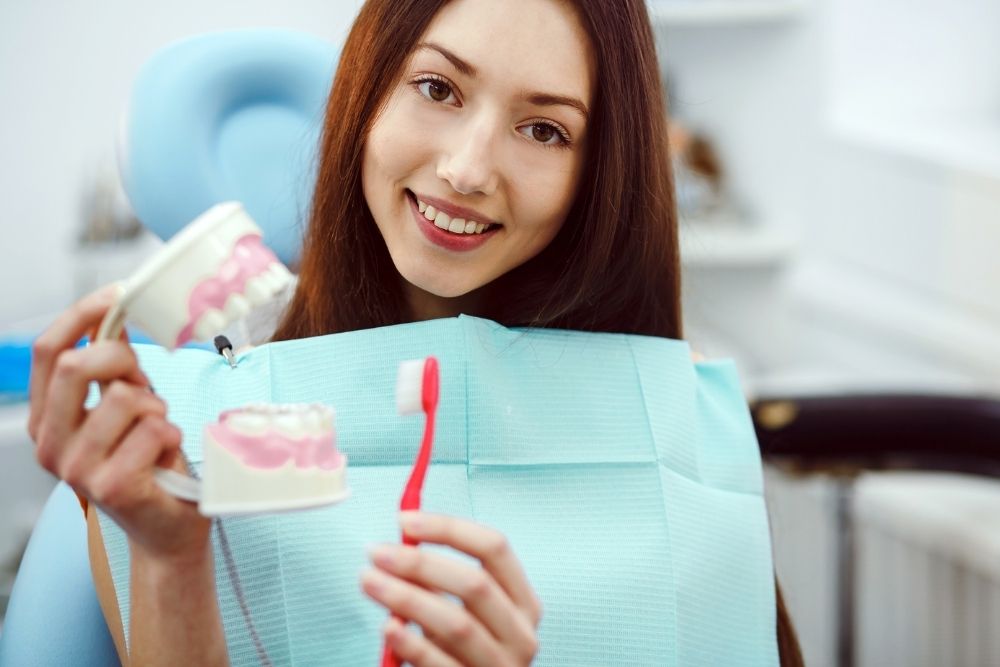

Durable
When cared for properly, veneers can last for many years, offering long-lasting results
Considerations for Veneers:
Healthy Teeth and Gums
Dental veneers are best suited for individuals with good oral health and stable gum tissues. It's essential to address any underlying oral health issues, such as cavities or gum disease, before getting veneers.
Individual Needs
Veneers are a cosmetic solution and may not be suitable for everyone. In cases where the teeth require significant restoration due to extensive damage or decay, other dental treatments like dental crowns may be more appropriate.
Irreversible Procedure
Veneers involve for the proper fitting. Once this it cannot be restored. Therefore, veneers are considered a permanent treatment
Cost
Dental veneers can be more expensive than some other cosmetic dental treatments due to their customization and aesthetic benefits.
Proper Aftercare
Maintaining good oral hygiene practices and regular dental check-ups are crucial for the longevity of veneers. While veneers are durable, they can still be subject to wear and tear over time.
Summary
Dental veneers can be an excellent option for individuals seeking to improve the appearance of their teeth and achieve a beautiful smile. However, the decision to get veneers should be made after consulting with a qualified dentist, who can assess your oral health, discuss your cosmetic goals, and recommend the most suitable treatment plan for your individual needs.

Frequently Asking Questions
Let us help
Don’t let your appearance hold you back! We offer services to improve your Hair, Skin, and Dental health. From restoring thinning hair and rejuvenating your skin to lightening your skin tone and enhancing your smile, we’ve got you covered. Look and feel your best with our expert treatments!

